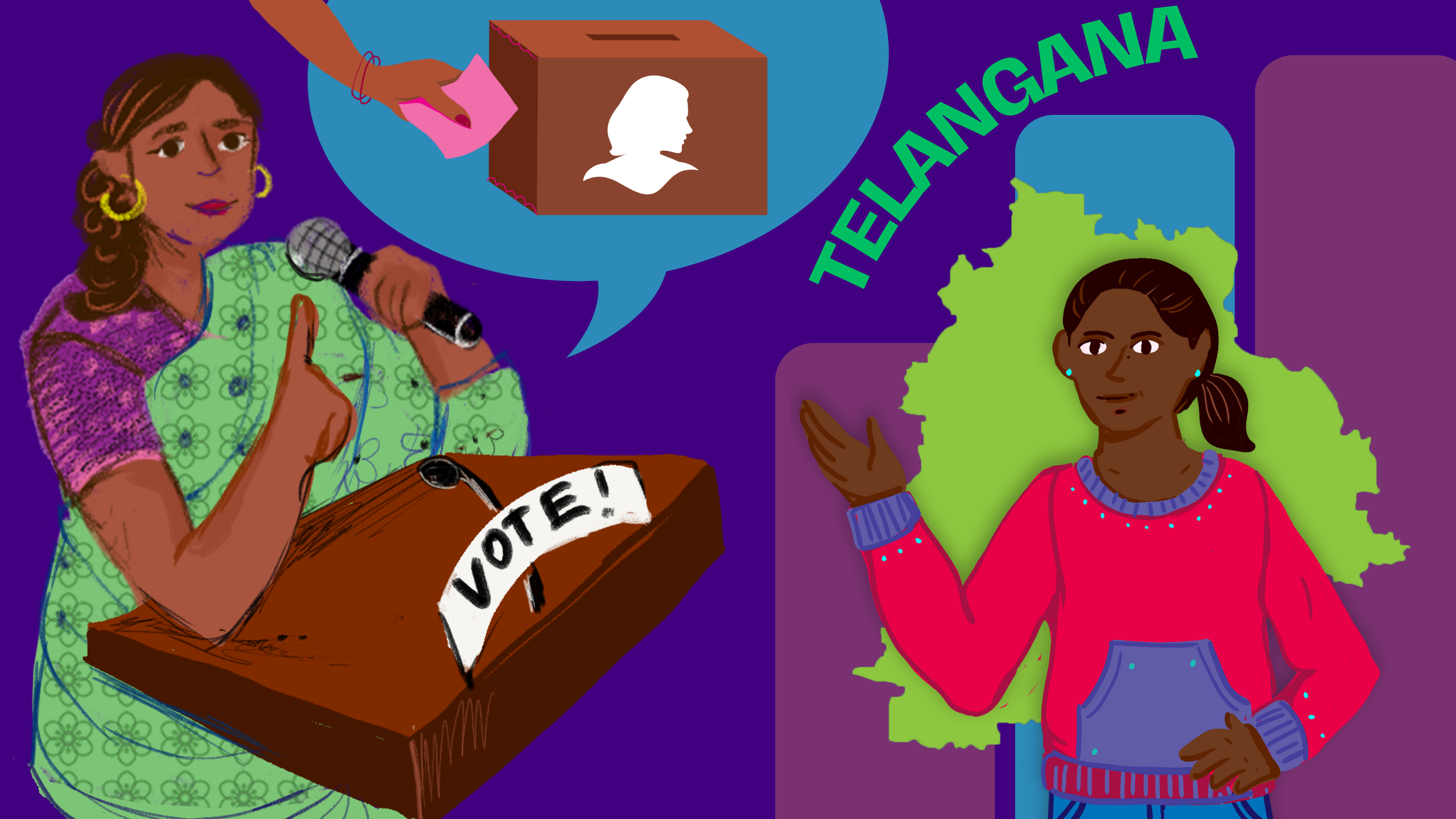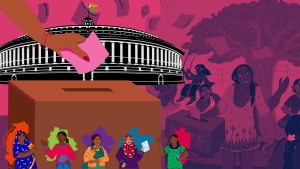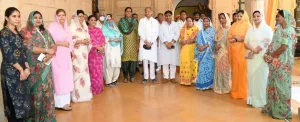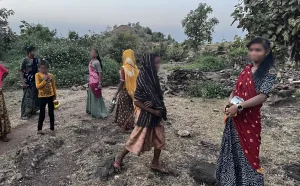[Readmelater]
Despite New Statehood, Female Representation In Telangana Lags Behind
In the south, Telangana has one of the lowest shares of female MLAs, doing worse than its sibling state Andhra Pradesh

Illustration by Urvi Sawant
Support BehanBox
We believe everyone deserves equal access to accurate news. Support from our readers enables us to keep our journalism open and free for everyone, all over the world.








